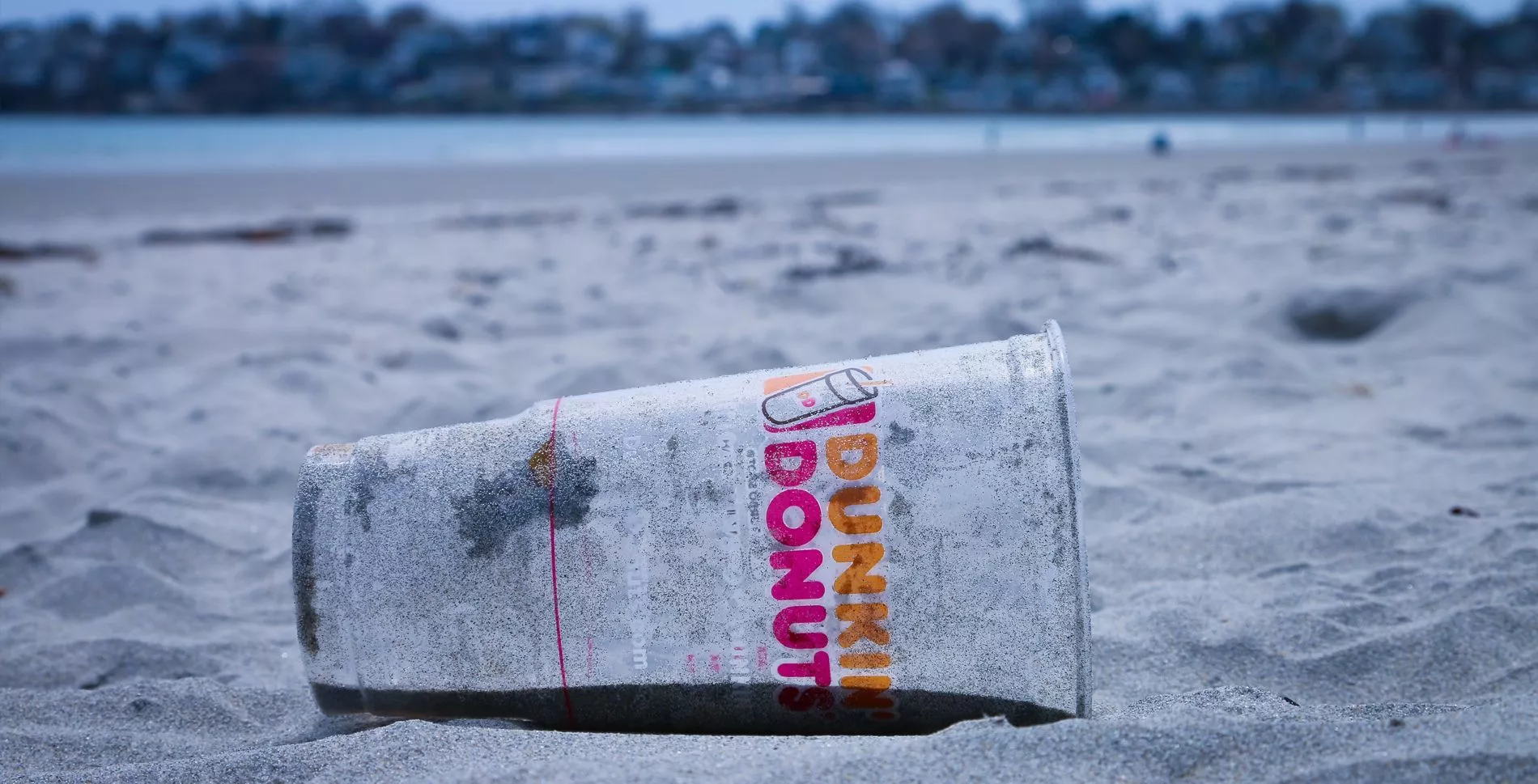Get 10% off and be the first
to discover new brands!
Whichever way you perceive plastic, as a fantastic material with a huge range of properties, or as an indelible toxic substance that blights our oceans and plagues places of natural beauty, you cannot ignore the hype around plastic pollution.
In response to the growing global crisis, the UK recently announced that it will hike up the mandatory price for a single plastic bag bought at a supermarket from 5p to 10p. But are these kind of burdensome obligations the answer to a problem ingrained in an act-first-think-later global culture?
The truth is, the problem of plastic bag overabundance began well before we reached the supermarket checkout counter. The Fair Cottage believes that the best way to carry out meaningful change is for individuals to plan in advance by which method they might carry out their shopping. The same applies to avoiding other types of plastic. It's all about individual planning.
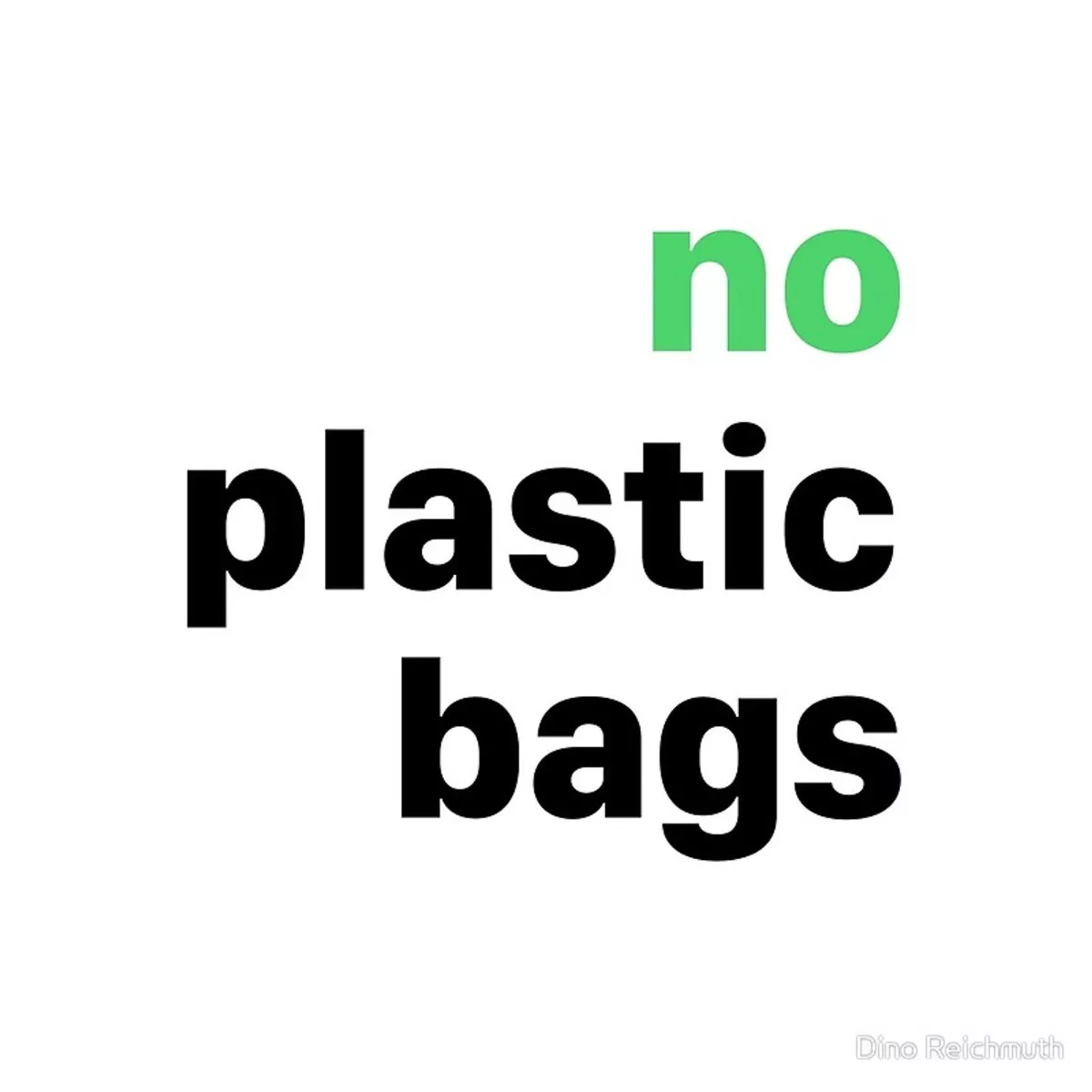
It's All About the Planning
Most of us wouldn’t engage in an activity that involves risk to our personal health without first making some sort of rudimentary plan. But what about the risks our daily consumption of plastic pose for the health of the environment. Don’t they deserve consideration too? We think so. That’s why we’ve put together our six point plan for reducing plastic waste.
1. Say in Advance: I don’t need a straw, lid or plastic plate
This is perhaps the easiest, but no less effective way of reducing your plastic waste. However, it’s critical you remember to refuse plastic before you order. Once the straw is in your drink, even if your lips never get near it, it’s as good as garbage.
The chances are, if you’re polite about it and explain that you are trying to reduce your plastic use, most hospitality workers will understand. If they don’t, then see it as an opportunity to explain to somebody oblivious to the plastic epidemic why reducing waste is so important to you.
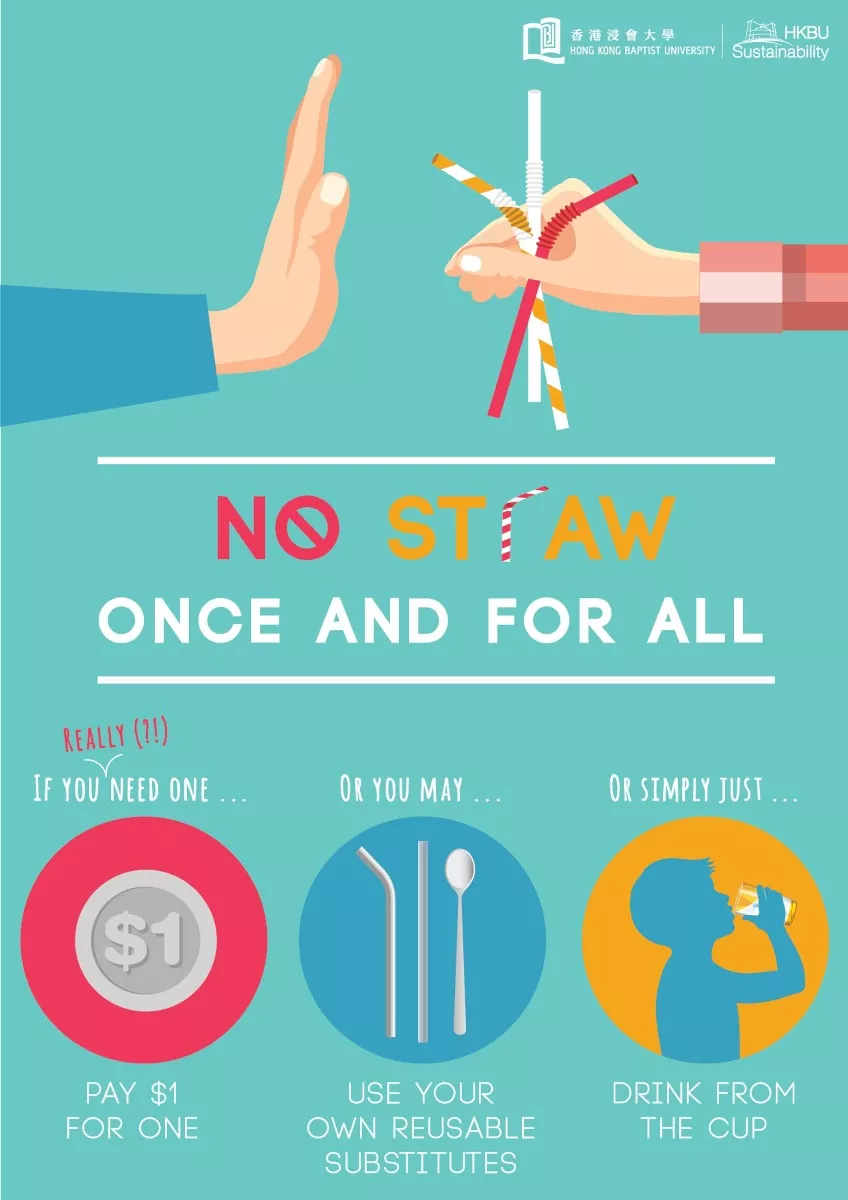
2. Assemble a Sustainable Lifestyle Kit
A good question to ask yourself is, what things could I carry with me that would reduce my consumption of single use plastic?
Taking a steel insulated flask, a reusable coffee cup and a tote bag everywhere with you is a good place to start for most people. But it doesn’t stop there. There are plenty more ideas for essential items in our article; Build Your Own Sustainable Lifestyle Kit, coming soon.
3. Choose Bottles Carefully
When buying bottled drinks, try and choose glass over plastic. Glass, although not quick to decompose, is made of natural silicone dioxide, which is non-toxic if it escapes into the environment. Crucially, glass bottles can be cleaned and reused several time before they need to be melted down and reformed into new bottles as part of a glass bottle deposit system. Such a system saves not only on raw materials but energy usage as well.
If your country of residence does not yet have a bottle deposit system in place, the next best option is to buy glass and recycle it after use, rather than doing the same with plastic. That’s because plastic, when melted down, tends to lose its integrity and must, therefore, be downcycled for another purpose. This does not constitute a circular economy.
4. Clean Your Way to a Healthier Environment
It’s not only drinks bottles that make their way into the environment. Countless plastic-based cloths, sponges and detergent bottles are disposed of as non-biodegrable waste every day. Here are few tips for reducing the effect household cleaning has on your plastic consumption.
- Wash and reuse your sponges and cloths instead of replacing them. Try and use metal scourers and cotton cloths to prevent micro-fibre shedding from machine washing.
- Find your local zero waste refill stations where you can save on plastic consumption by refilling the same santisation receptacle over and over again.
- As well as reducing plastic consumption, choosing products from ethical cleaning brands like ecover, will help to reduce the amount of toxic chemicals entering our waterways and the environment.
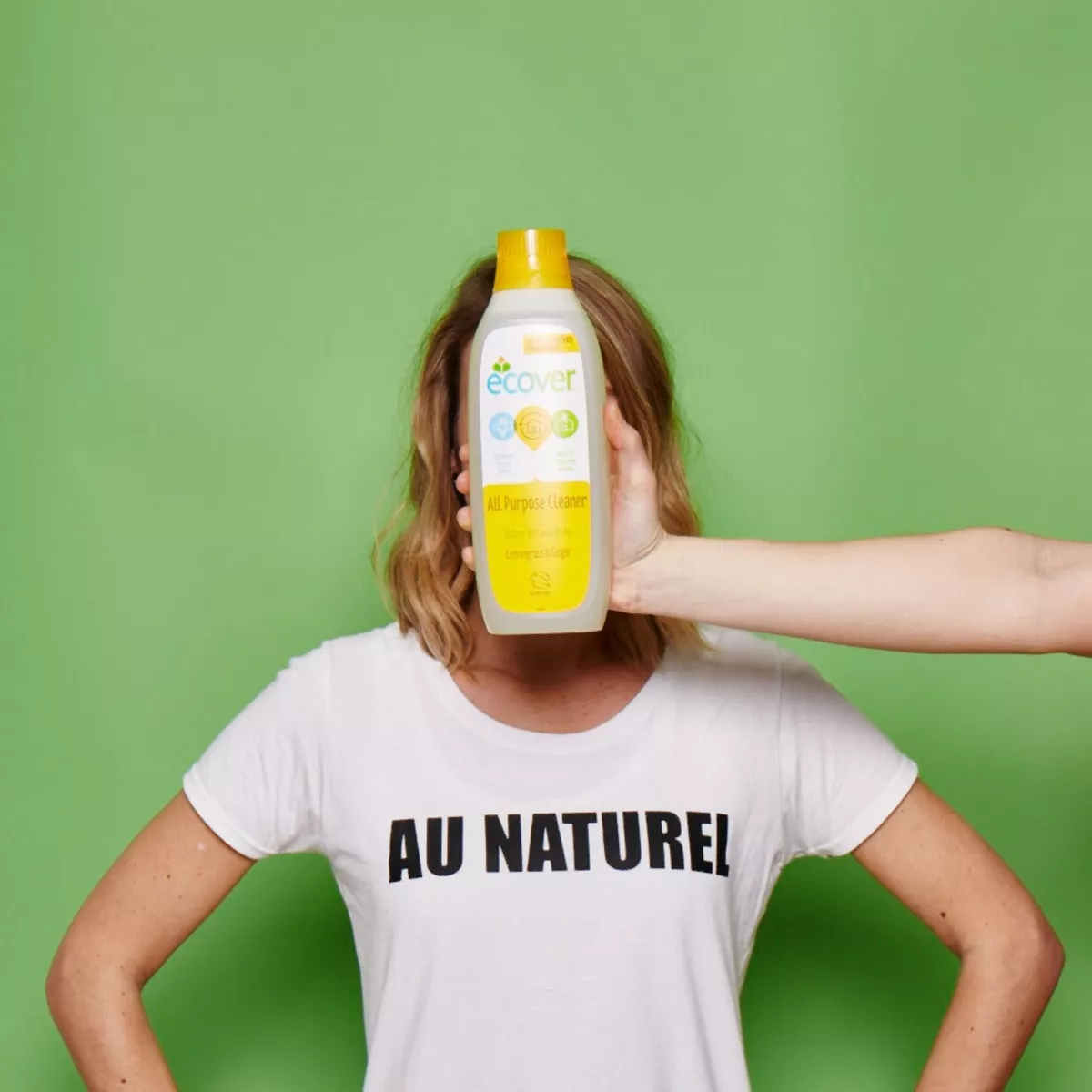
5. Be Conscious Of What Your Wear
Most people don’t know it, but purchasing clothing accounts for a huge proportion of humanity’s plastic consumption and pollution. Just take a quick look in your wardrobe and see for yourself how many garments contain polyester.
Buying clothing made from 100% biodegradable organic fibres is the best way to reduce the impact clothing has on your plastic consumption. Stay with us, for our series of articles on natural textiles in collaboration with GOTS (Global Organic Textile Standard), coming soon.
If you do buy products containing polyester, it’s best that they are manufactured locally and made from recycled plastic that’s not mixed with any other material, because of the difficulty in separating them for the purpose of end-of-life recycling.

6. Change the Way you Wash Your Clothes
Synthetic microfibre pollution. Hopefully you are already aware of the effect it is having on marine ecosystems and species health. Here are a few really simple ways you can reduce the amount of microfibres that make their way from your washing machine and dryer into the ocean.
- Reduce washing machine time, speed and temperature - These measures help to reduce the amount of fibres that separate from garments during washing.
- Separate rough and smooth fabrics, use PH neutral liquid instead of powder and avoid washing shoes - observing these rules also helps to reduce excess fibre malting through friction.
- Hang dry instead of tumble drying - since synthetic clothes dry very fast anyway, there is hardly any need to tumble dry them.
- Use a catch bag to reduce micro plastic leakage - The Guppyfriend wash filtration bag helps to prevent microfibres from leaking from your wash into waterways. It also helps reduce fibre breakage and extends the lifetime of your garments.
Click here for more advice on preventing microfibre pollution.
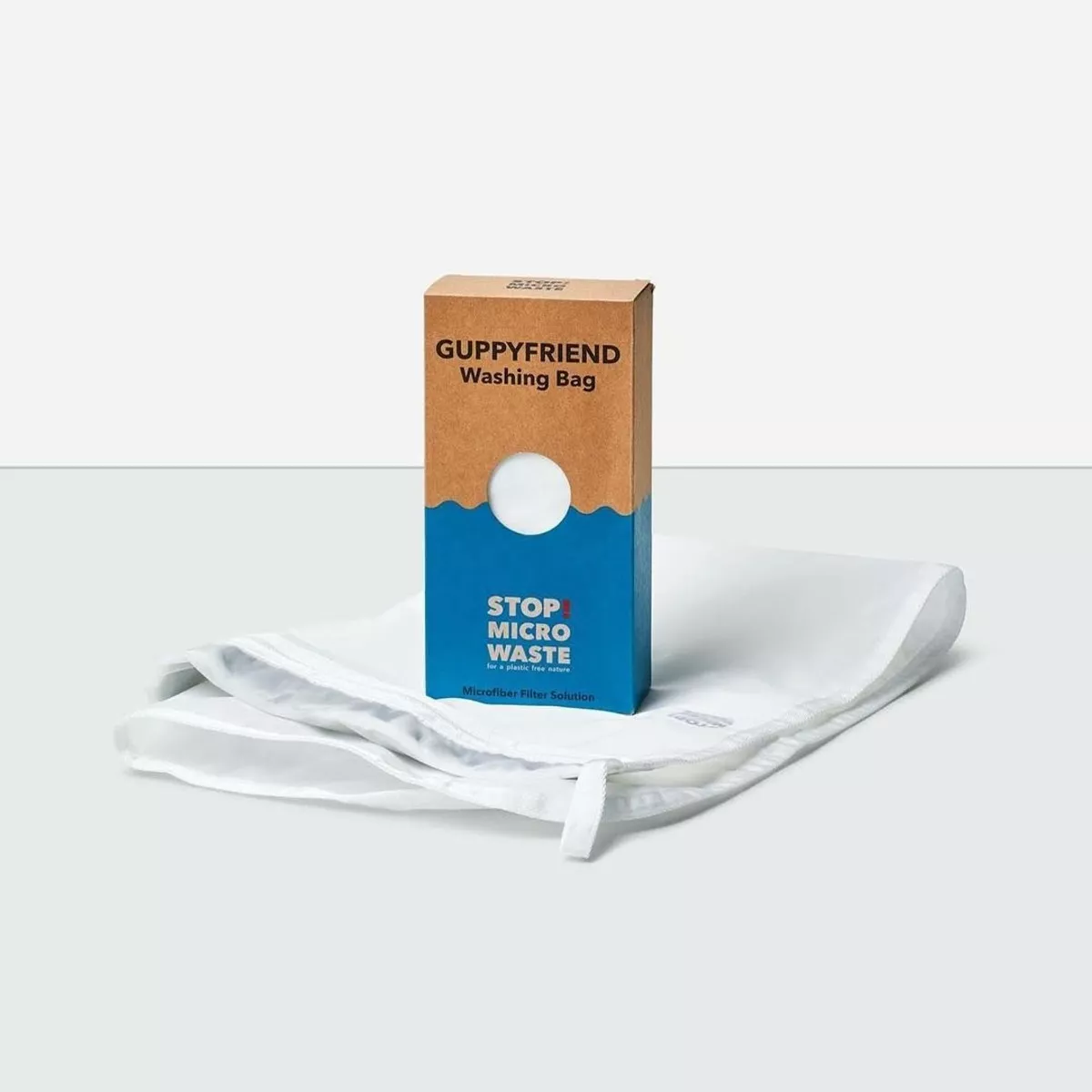
Want to be more sustainable while living life on the go? The Fair Cottage gladly recommends Your RV Lifestyle's article on Zero Waste Living, which contains heaps of helpful tips for the conscious traveller.
Do you have any top tips for reducing plastic waste that we haven’t mentioned? Please fill us in via our comments section, through our instagram channel or by writing us an email.


